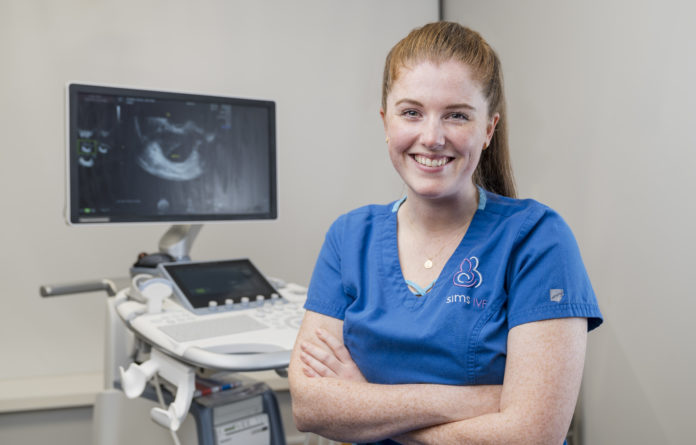Many of us have heard about egg freezing, but a lot of people don’t know what the process actually involves, so we’re here to help – thanks to Sims IVF.
After sharing the importance of fertility testing (even if you’re in your 20s), we want to break down the process of egg freezing, and why you should consider it.
With women starting families much later in life compared to previous generations, egg freezing has become a lot more common amongst young women.
This is a really positive change, as it can give women more options than ever before when it comes to planning a family.
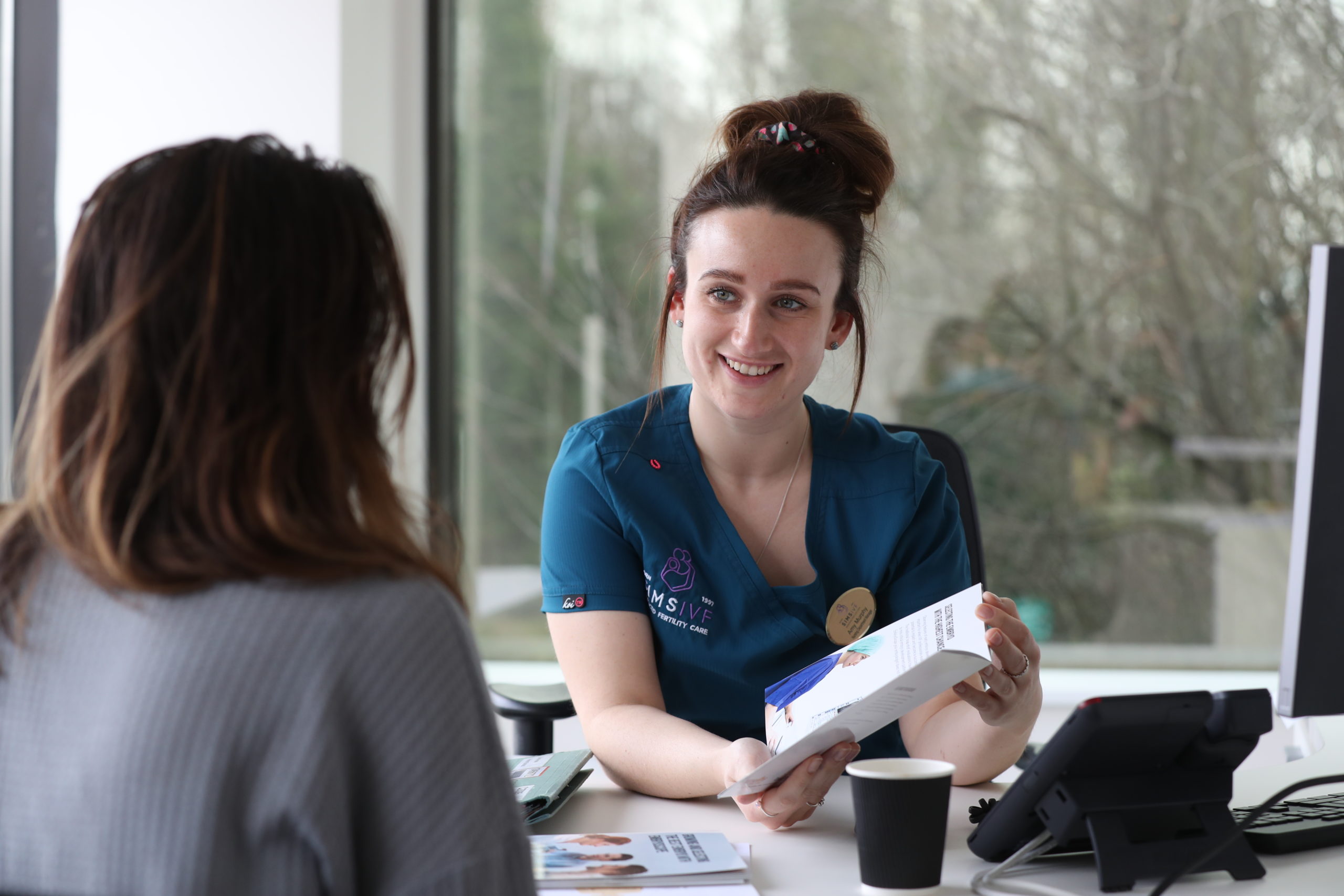
So how does it all work?
To break it down – women are born with all the eggs they are going to have, and as you get older, your eggs get older too.
Women are considered to be the most fertile in their early twenties, and after the age of 30 your fertility starts to reduce (eg. the quality and quantity of your eggs start to decrease).
While these statistics may sound scary, especially for those who don’t feel ready to have a baby, egg freezing can help save your ability to get pregnant in the future.
With age being the biggest factor affecting a woman’s fertility (by age 40 it’s fallen by more than half), Sims IVF are encouraging women to explore assisted reproductive technologies like egg freezing before their fertility undergoes a significant decline.
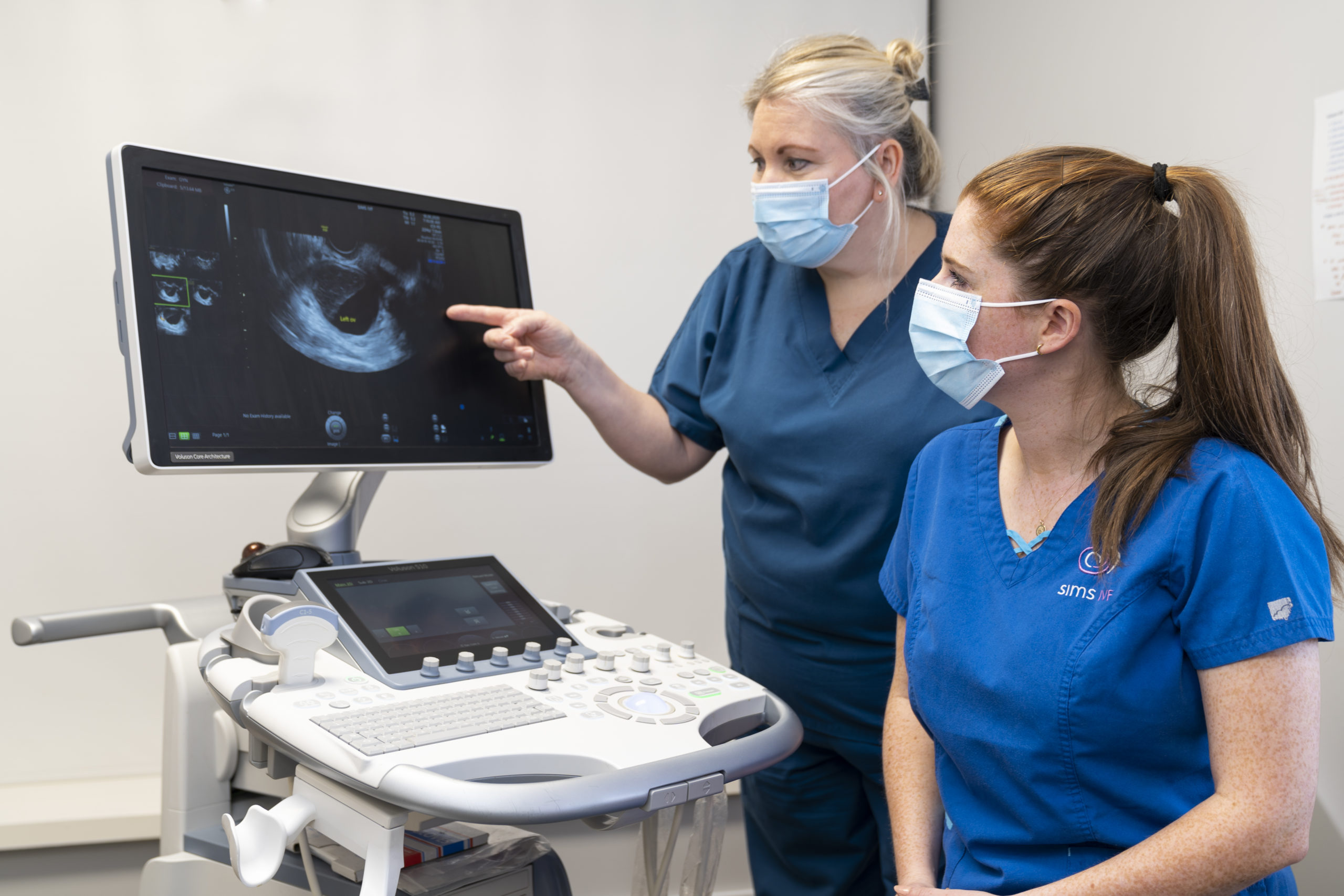
Egg freezing, also known as mature oocyte cryopreservation, is the process of extracting, freezing and storing a woman’s eggs to increase her chances of conceiving at a later date.
Eggs harvested from your ovaries are frozen unfertilised, and stored for later use.
Leading fertility clinic Sims IVF offers this method of fertility preservation, and the clinic will store your eggs until you feel ready to have a baby.
A frozen egg can then be thawed, combined with sperm in a lab, and implanted in your uterus or the uterus of another person to carry the pregnancy (gestational carrier).
You can use your frozen eggs to try to conceive a child with sperm from a partner, or a sperm donor.
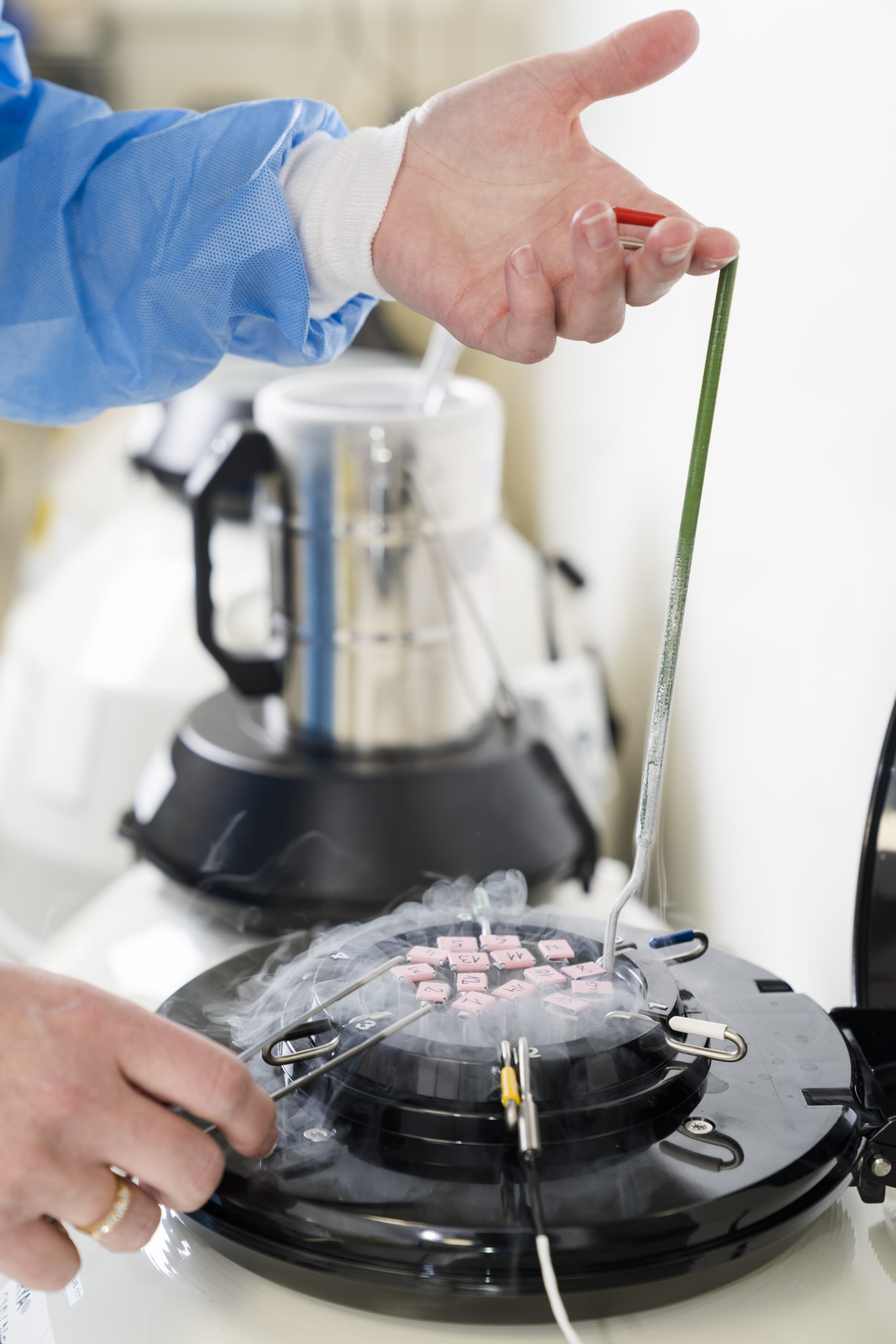
So, what are the steps involved in egg freezing? First up, egg freezing requires 10-12 days of self-administered hormonal stimulation via daily injections.
Under the care of a specialist from Sims IVF, the woman is given fertility medications to stimulate her ovaries to produce many follicles.
Follicles are the small fluid-filled structures which develop on the ovaries, each of which will hopefully contain an egg.
The number and size of the developing follicles is measured by trans-vaginal ultrasound scans. The exact number of follicles which develop varies between patients, but the average is about 10.
The final preparation for egg retrieval involves a hormone injection which mimics the natural trigger for ovulation. Egg retrieval will take place 36-38 hours after this injection.
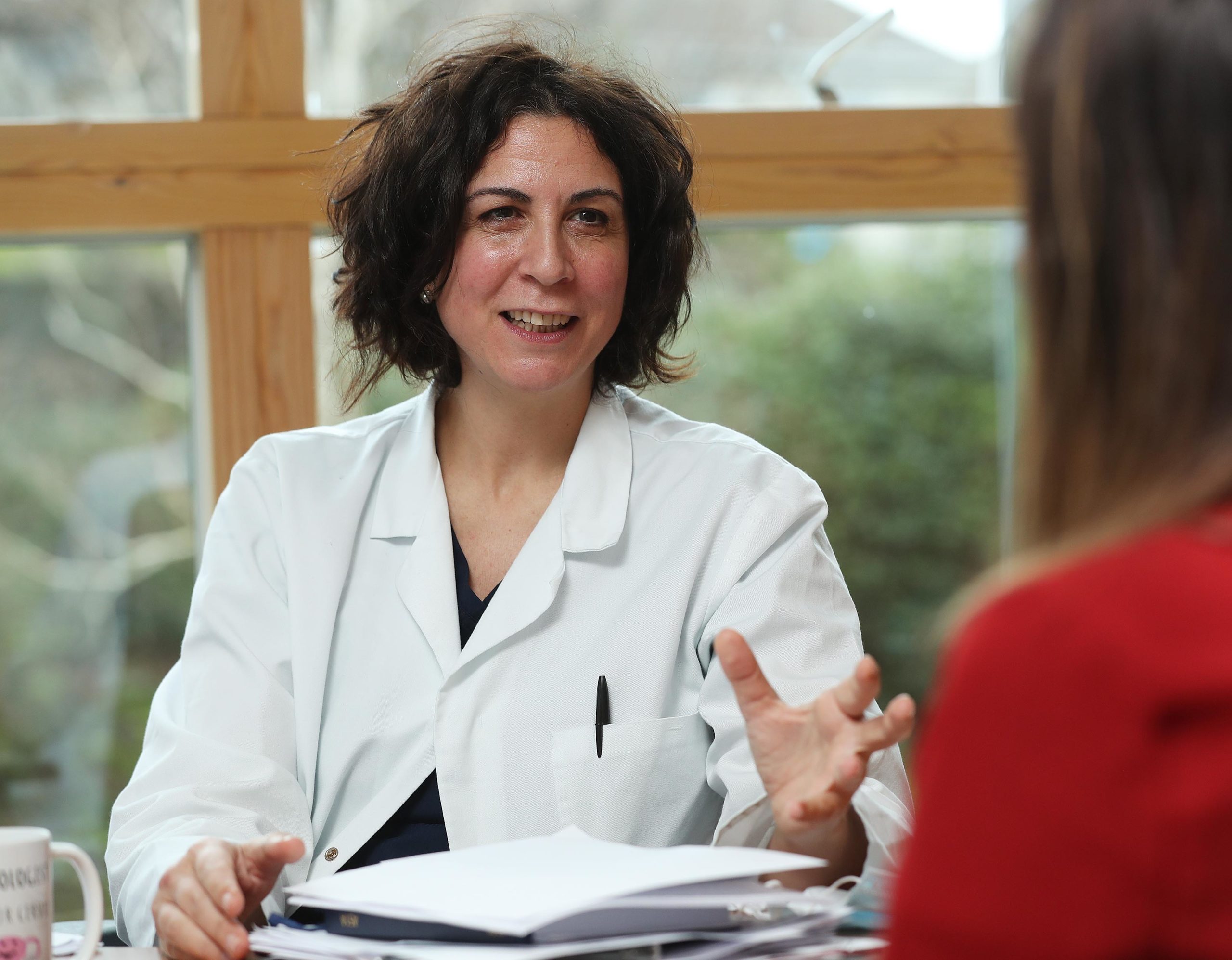
Egg retrieval is a minor 30-minute procedure, which is carried out on an outpatient basis under local anaesthesia.
The trans-vaginal ultrasound probe is used to visualise the ovaries and a needle attached to the probe is passed through the vaginal wall into the follicles.
The fluid within each follicle is aspirated and then examined in the IVF laboratory for the presence of an egg. After identification, the eggs are washed and transferred to petri dishes in an incubator.
The eggs are then frozen in a laboratory by Sims IVF using a method known as vitrification, and can be stored until the woman is ready to use them.
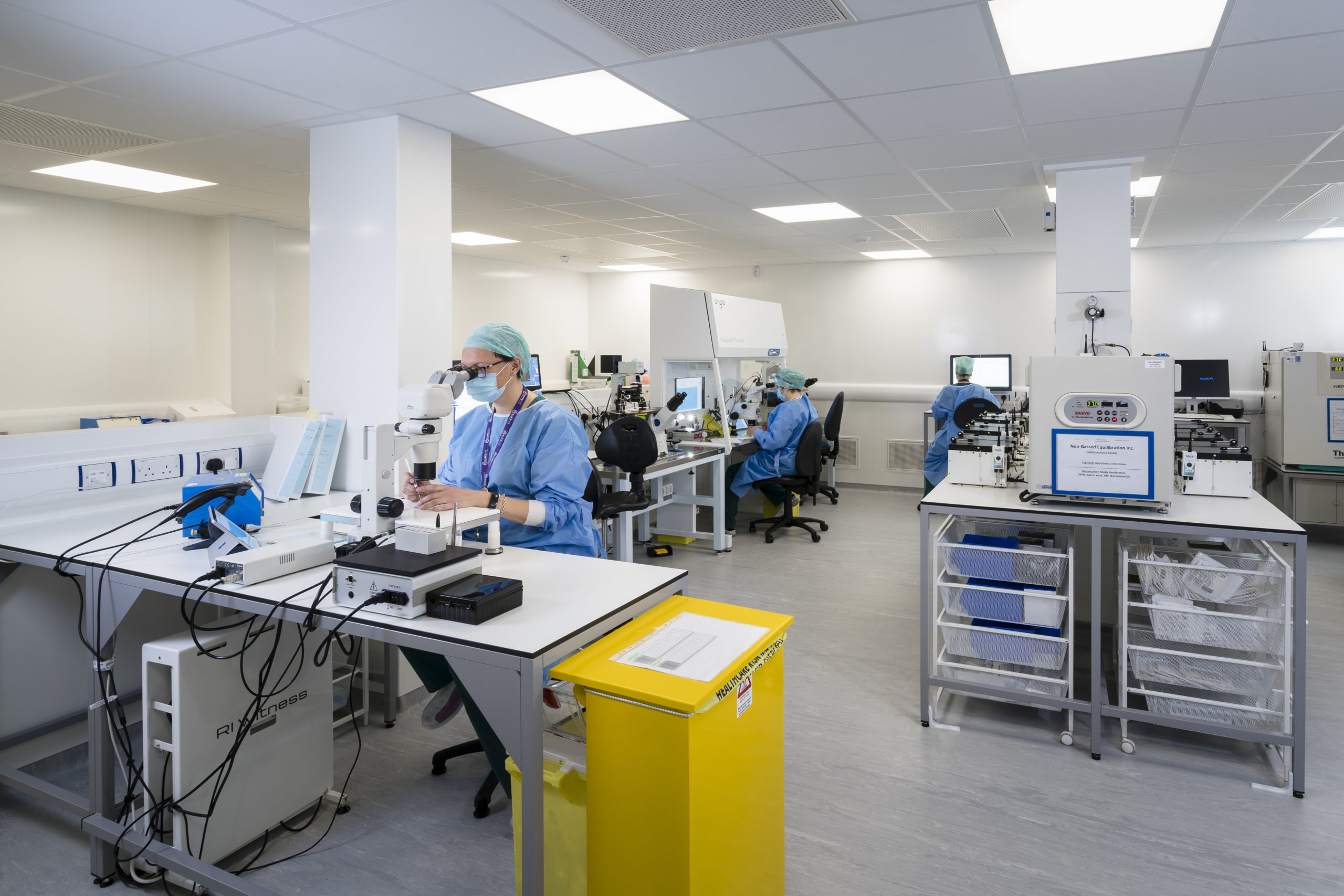
While egg freezing may take some time, many find the peace of mind invaluable as it allows women to live their lives without the pressure of starting a family at a certain age.
To find out more about egg freezing, or to schedule an appointment with a fertility specialist, visit the Sims IVF website here.
With fertility clinics in Clonskeagh, Swords and Cork, Sims IVF has helped thousands of couples become parents since it was established in 1997.


